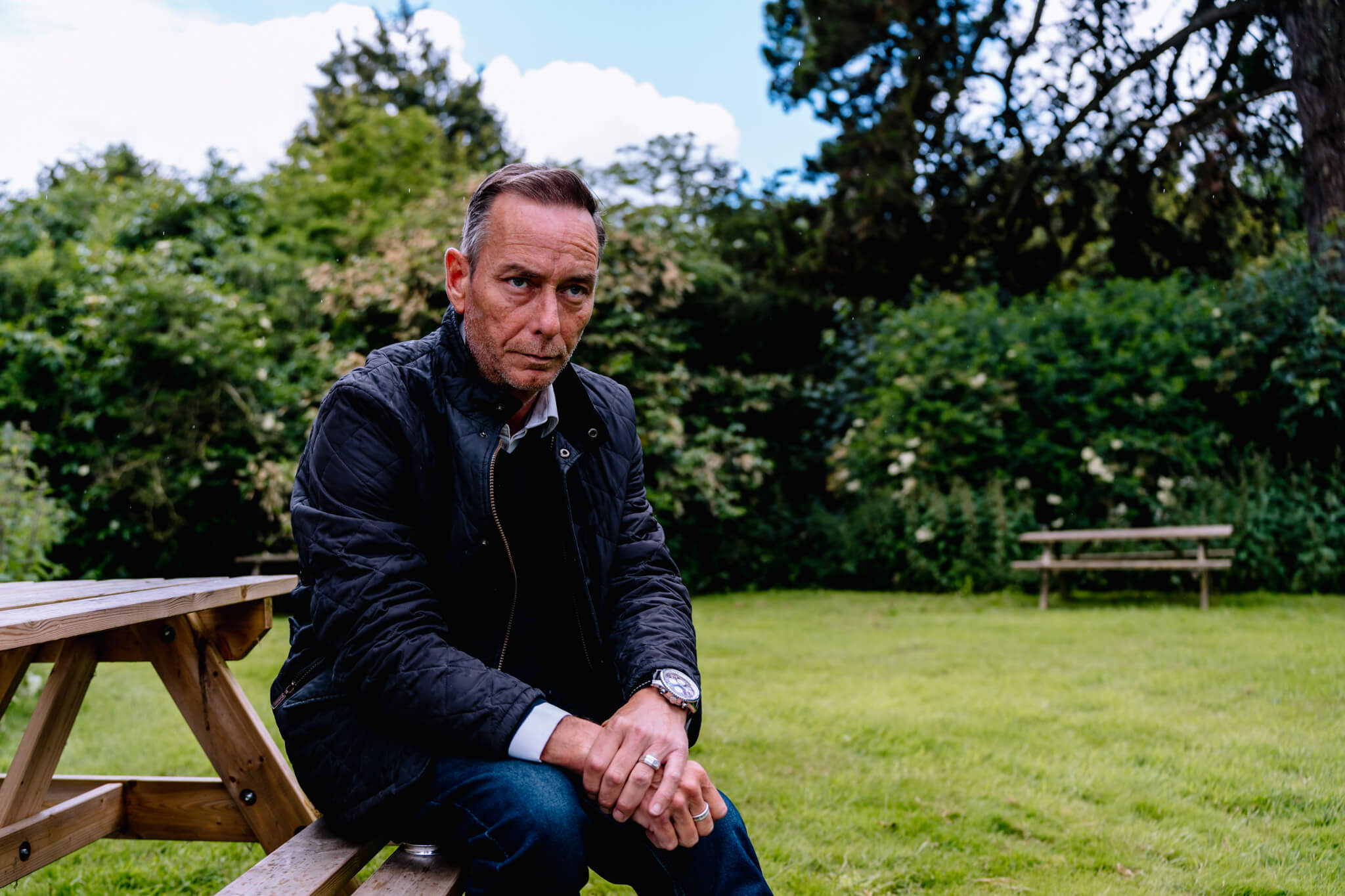Some cancers can be treated without surgery but many patients will need an operation under either a general or local anaesthetic.
Surgery enables your doctors to remove the tumour, tissue around it which may also contain cancer cells and sometimes also lymph nodes which can be instrumental in spreading cancer around the body. Any tissue removed will be sent for examination under a microscope and will then give valuable information about your cancer which will enable your doctors to plan future treatment.
You will get a chance to discuss your operation and the alternative options available with your doctors in advance. They will explain why they believe it is necessary and what they hope to achieve, and how you are likely to feel afterwards.
What will happen on the day of the cancer surgery?
You may be admitted to hospital the day before your planned operation. This can allow staff to monitor you and also carry out any tests needed before the operation.
On the day of the operation you may not be able to eat or drink. You will have the chance to meet your surgeon and anaesthetist before the operation and ask any last-minute questions.
Depending on the operation and how it goes, you may need intensive monitoring afterwards. As you recover, this will be reduced. You may experience some pain but staff should be able to help you with this and any other side-effects. You will be given advice about moving and when to get up after the operation; generally, you are encouraged to become mobile as soon as possible.
Even with a general anaesthetic you should be able to go home within a few days if you feel well enough.


